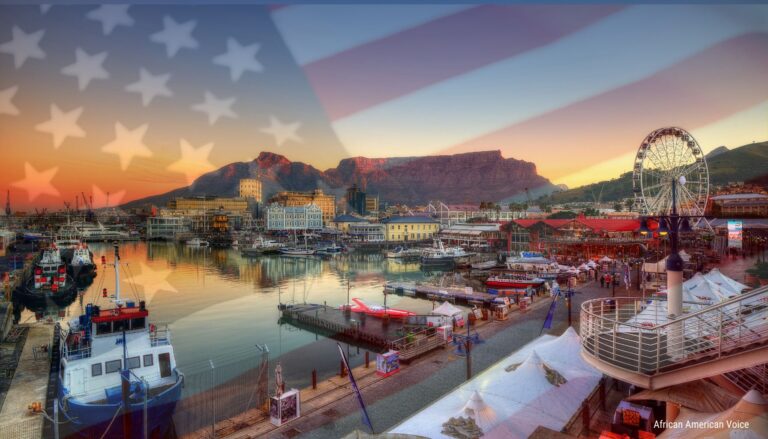
by Mya Trujillo
On March 6, 1957, Ghana became the first sub-Saharan colony to gain independence from colonial rule, a distinction that made the country a vanguard of the liberation of African nations from Western powers. In 2025, 68 years later, the country’s Independence Day remains a reminder of resilience and unity across the diaspora while offering a sense of hope for the future.
After traveling to the United States and London to acquire degrees in economics, sociology, philosophy and education, Ghanaian Kwame Nkrumah became familiar with more radical Pan-African ideologies and returned home to lead his people to liberation. From 1949 until 1957, Nkrumah fought relentlessly for Ghana – formerly known as the Gold Coast – and its independence from Great Britain.
Nkrumah, Ghana’s first president, believed the West African nation’s plight toward sovereignty would be in vain until Africa was free from corner to corner of Western control.
This belief propelled his urge for unity across the continent and throughout the diaspora.
“We prefer to starve on our own than to be free in bondage,” said Nakwa-born John Nyarku, a city planner and specialist at the D.C. Office of Zoning, referencing Nkrumah’s well-known statement. “One thing that strikes fear in the hearts of Western nations is Africa becoming united.”
Ghana’s liberation served as a testament to strengthening and uniting the African diaspora, proven by the sheer amount of attendees to the coastal country’s independence ceremony from across the entire global Black community – including the Rev. Dr. Martin Luther King Jr.
Witnessing the successful conclusion to the fight against colonization in Ghana inspired the activist to continue leading the struggle for civil rights in the U.S. King used lessons learned from the sub-Saharan nation’s accomplishments to prove to his audiences that liberation from one’s oppressors is something that is fought for rather than something willingly granted.
Commemorating Ghana’s Independence, Continuing Nkrumah’s Legacy
During the first independence ceremony, a crowd of 500,000 gathered to view the replacement of the British Union Jack flag with the red, yellow and green-striped Ghanaian flag, its Black star shining as the symbol of African liberation and the unified fight against colonization and exploitation. Afterward, attendees walked through the streets of Accra, joyously chanting in celebration of their triumph.
While citizens in Ghana today participate in or watch the televised Independence Day Parade through Accra’s Black Star Square, Ghanaians abroad find other ways to celebrate. In Koeuvi’s family, oral histories of the struggle toward freedom are exchanged, emphasizing independence’s impact on Ghanaian culture and the entire African diaspora.
The stories his mother tells highlight the violence and injustices inflicted on the West African country’s land and people, but simultaneously emphasize a sense of optimism that one day Africa will know true peace and prosperity.
“I hope to one day become an elder who is knowledgeable and able to pass those traditions onto my kids and my community where my voice is more than just noise,” Koeuvi told The Informer. “It’s an instrument of … bridging history and the future together.”
He encourages and admires the African Americans who have relocated to Ghana since the country’s Year of Return initiative in 2019. Such migration is rooted in the pan-African ideals that compose Ghana’s foundation, as it connects the diaspora back to the continent and fuels collaboration between a diverse group of Black communities.
“If this generation is going to figure it out, we have to emulate [Nkrumah’s] legacy,” Ofori-Addo said. “If we do not support the development of where we came from, it cannot be done on its own.”
Source: Published without changes from Washington Informer Newspaper







